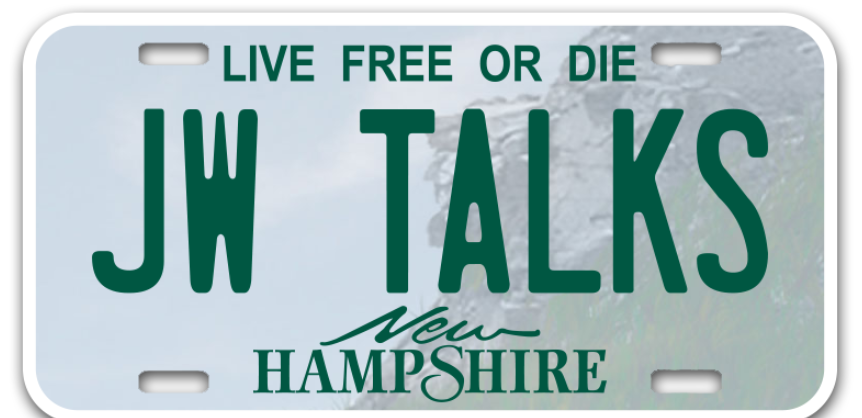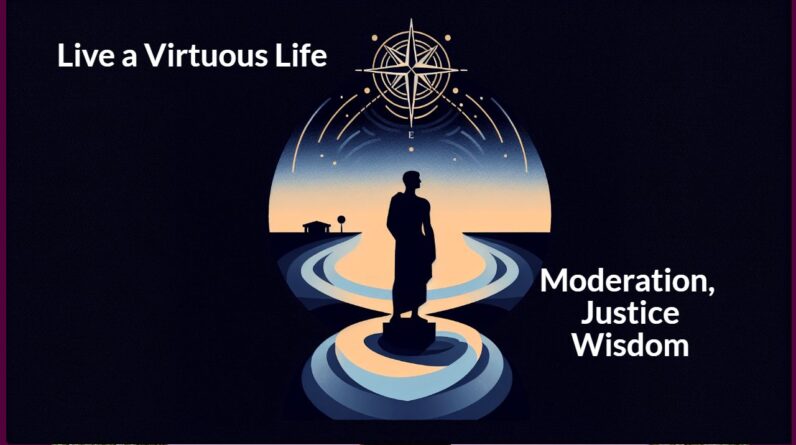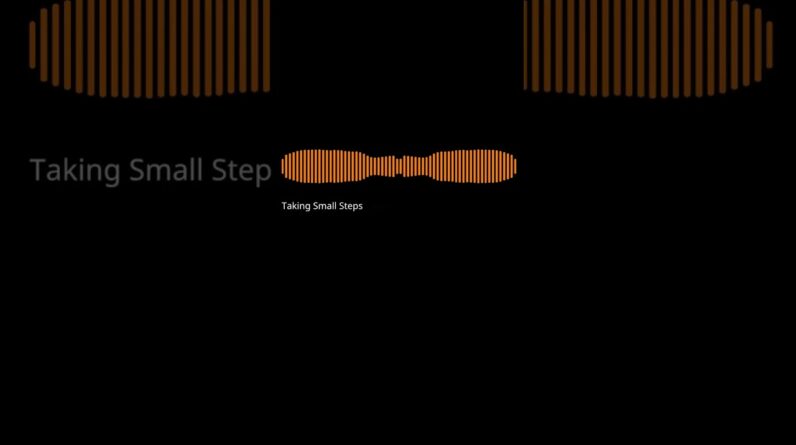
While light, occasional drinking may have minimal effect, frequent or heavy drinking can trigger episodes of atrial or supraventricular tachycardia (SVT),
a condition in which the heart beats faster than 100 beats per minute.
Thank you for reading this post, don't forget to share on Facebook and Twitter!
The first step is to identify any triggers and try to avoid them. Also, since dehydration is a trigger for SVT, it’s important to be well-hydrated.
Drinking 8 to 10 glasses of water or other fluids every day should help prevent episodes.
If you know you’re going to be consuming high levels of alcohol, your doctor may recommend taking propranolol before you drink. This beta-blocker
helps prevent tachycardia by blocking the action of adrenaline on the heart muscle and decreasing the force with which the heart contracts in response
to stimulation by adrenaline and other sympathetic nervous system messengers.
The word alcohol, in Persian means “the essence of grapes.” It has been used for thousands of years as a social drink, a food preservative, and a medicine.
It is no longer used as a medicine because many adverse effects have now been recognized.
While light, occasional drinking may have minimal effect, frequent or heavy drinking can trigger episodes of atrial or supraventricular tachycardia (SVT),
a condition in which the heart beats faster than 100 beats per minute.
Drinking may also lead to permanent heart rhythm problems called arrhythmias. These are serious conditions that need medical care and treatment.
Some arrhythmias can be life-threatening if they are not treated promptly. Drinking alcohol can also cause high blood pressure, heart muscle disease (cardiomyopathy),
or stroke.






